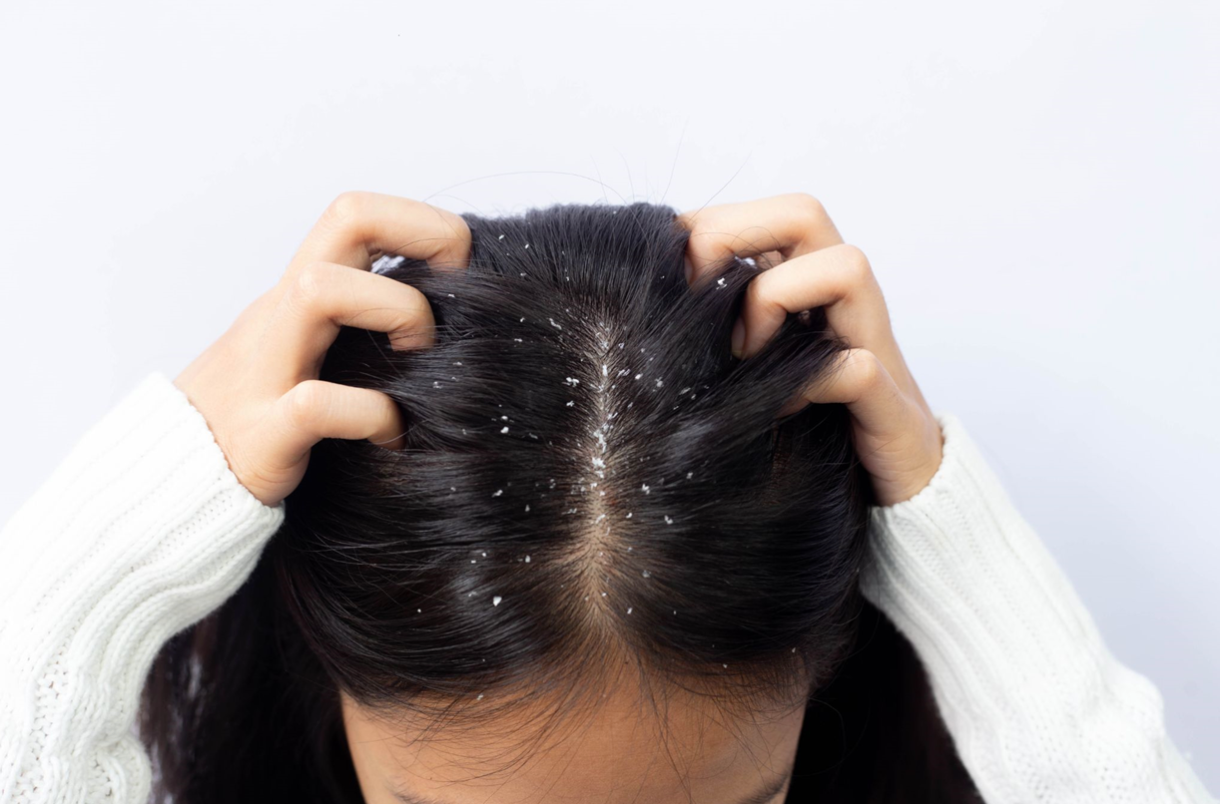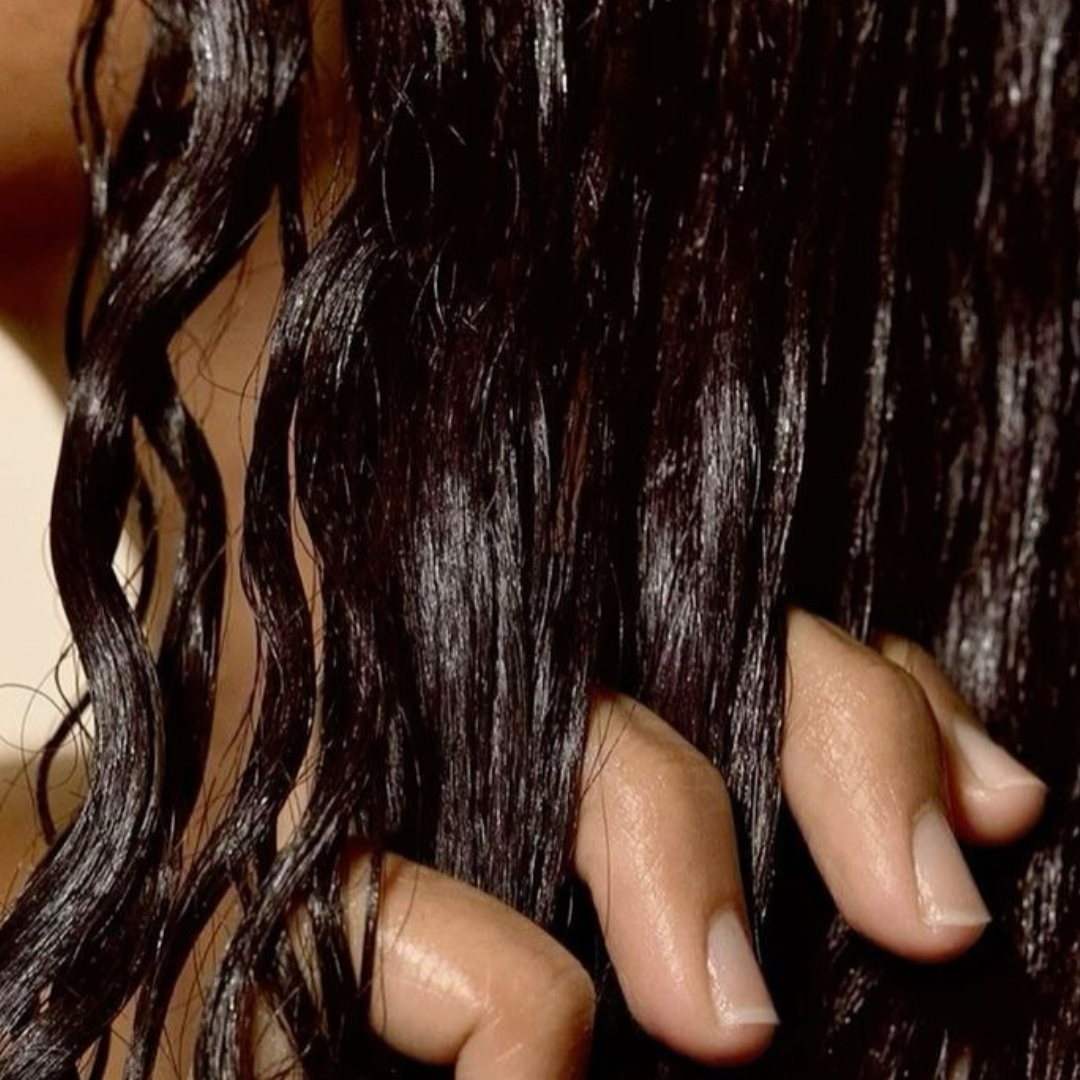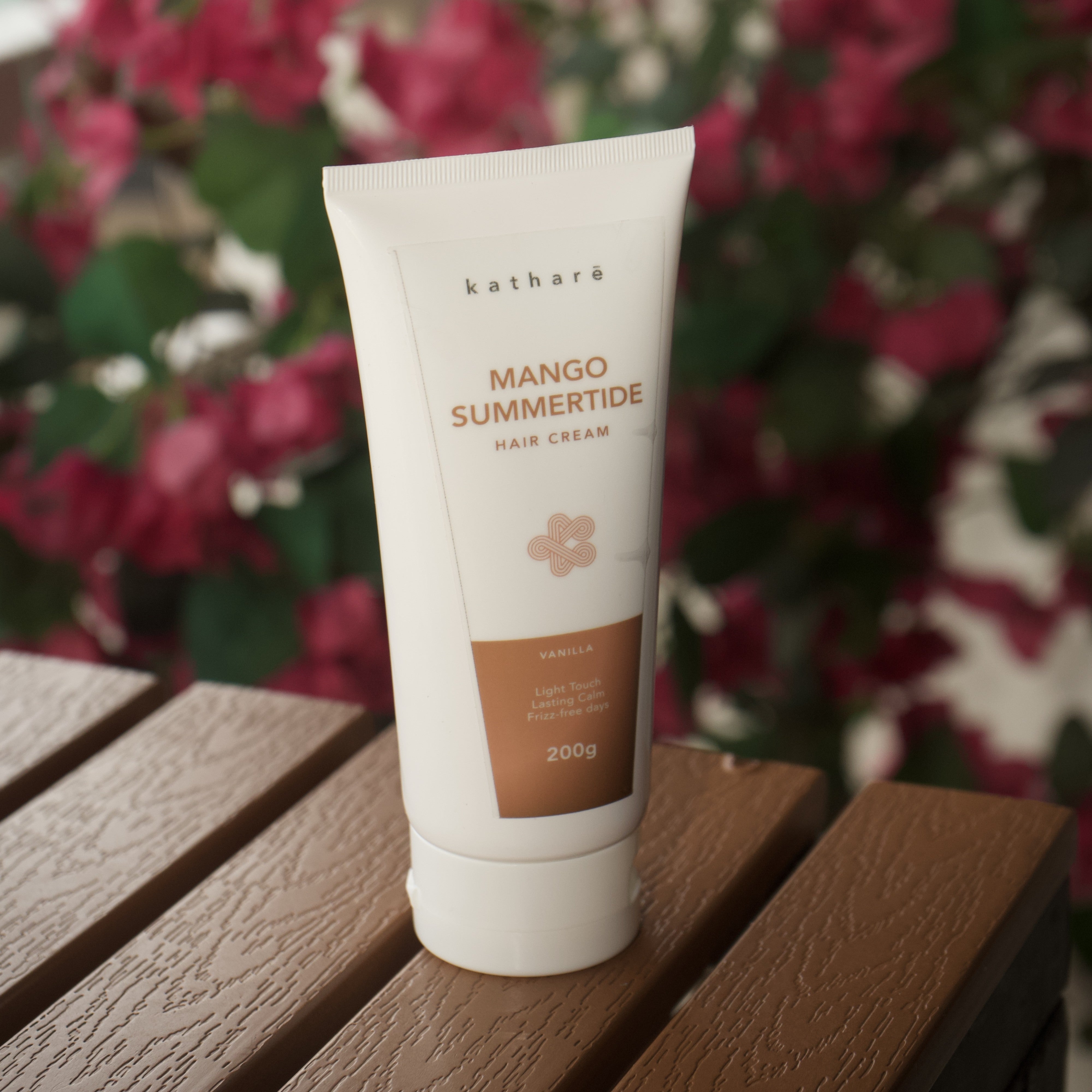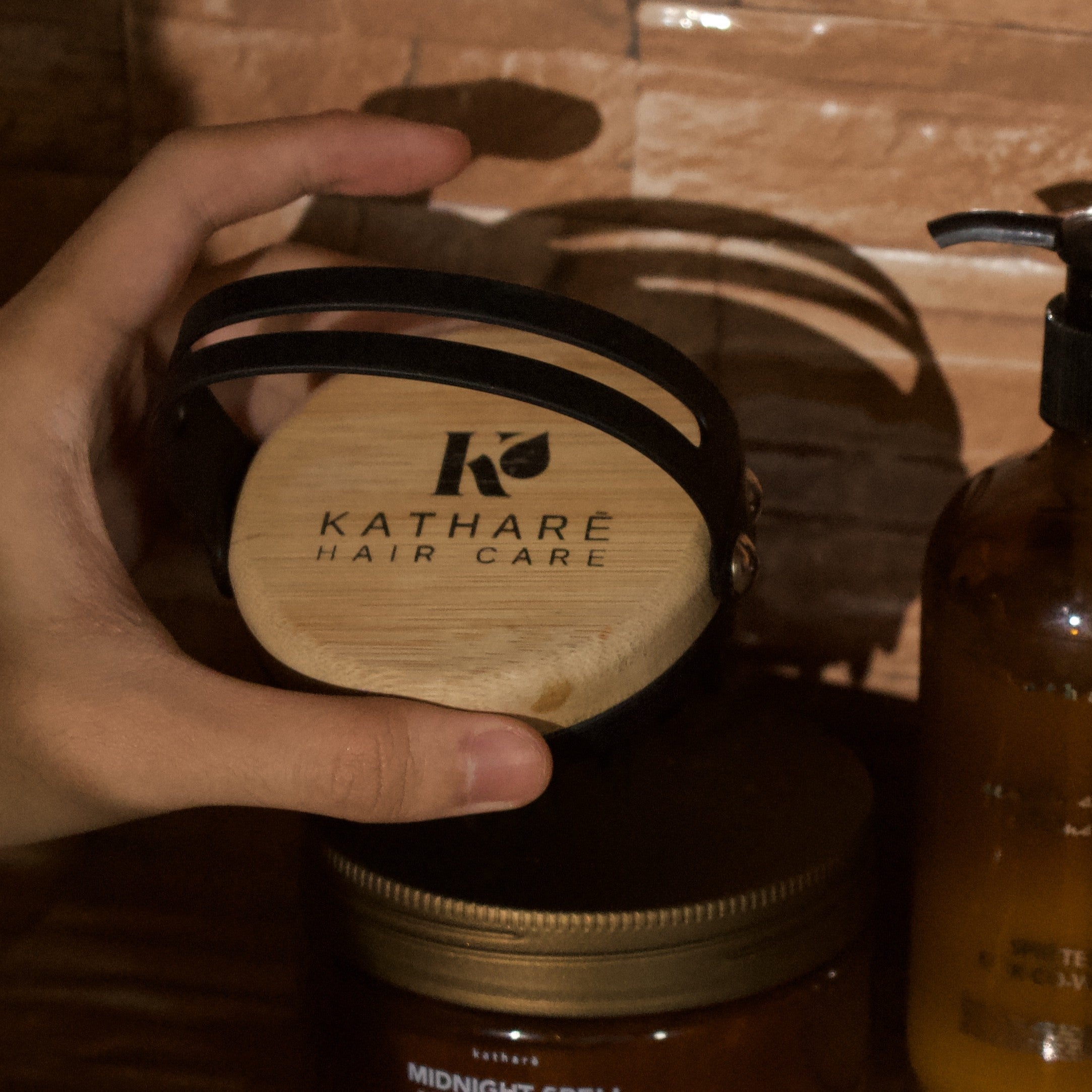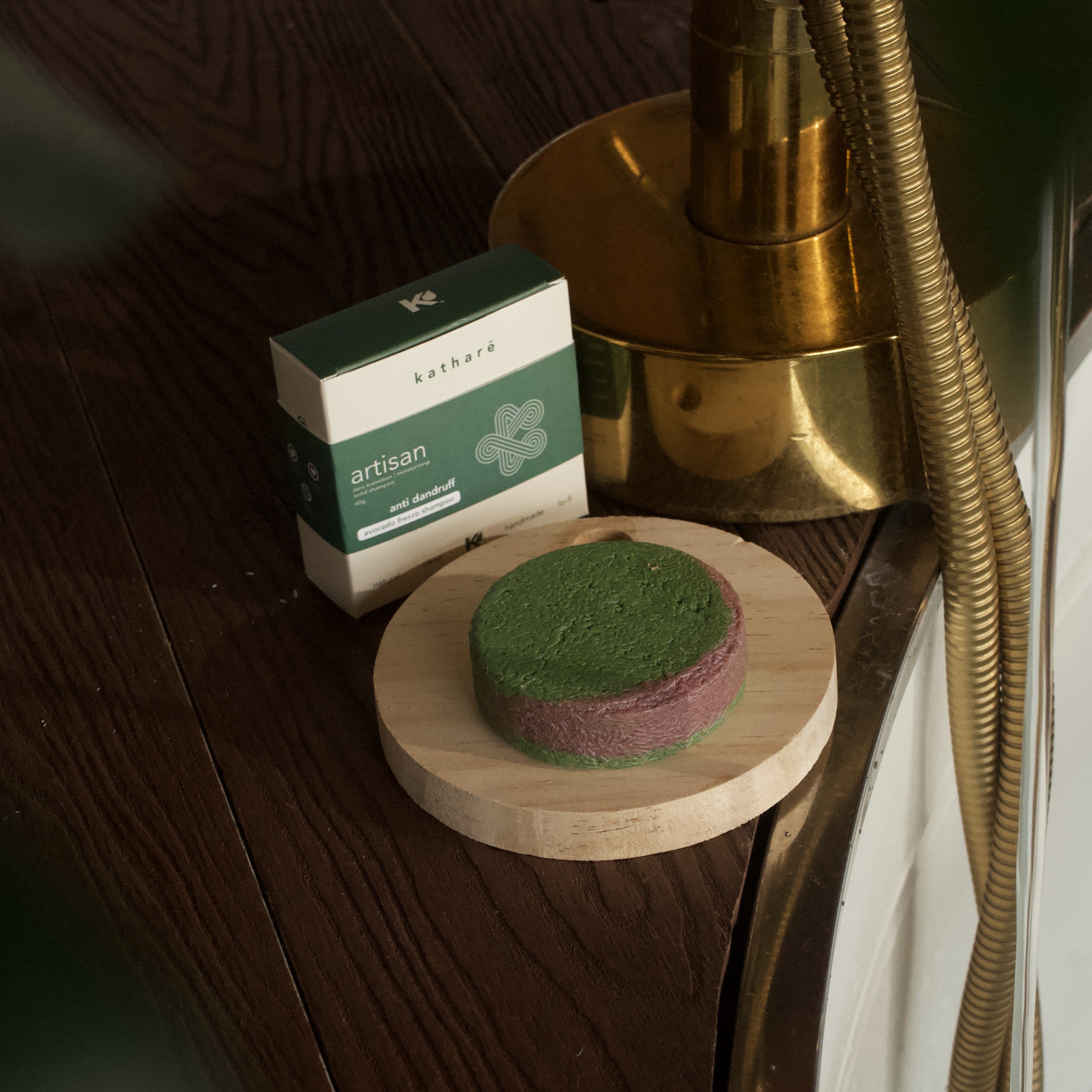Hey there! If you're dealing with dandruff, you know how frustrating those white flakes and itchy scalp can be. But don't worry—you’re not alone, and there are effective ways to manage it. Let's dive into the causes of dandruff, how to treat it, and tips for keeping it under control.
What is Dandruff?
Dandruff is a common scalp condition characterized by the shedding of dead skin cells. While it's normal for the skin cells on the scalp to die and flake off, some people experience an excessive amount of flaking. These flakes can be visible on the hair and shoulders, often accompanied by itching and irritation.
Common Causes of Dandruff
Seborrheic Dermatitis is one of the most common causes of dandruff. It affects areas of the body where there are a lot of oil glands, including the scalp. Seborrheic dermatitis causes red, greasy skin covered with flaky white or yellow scales.
Malassezia is a type of yeast that naturally lives on the scalp. In some people, it can grow out of control and feed on the oils secreted by hair follicles, causing irritation and the overproduction of skin cells. When these excess skin cells die and fall off, they mix with the oil from the scalp, forming dandruff.
Dry Skin can also lead to dandruff. If you have dry skin, the flakes from your scalp are usually smaller and less oily than those caused by seborrheic dermatitis. People with dry skin are more likely to experience dandruff during cold, dry weather.
Not Shampooing Enough can cause skin cells and oils to build up on your scalp, leading to dandruff. On the other hand, over-washing can strip the scalp of its natural oils, which can also cause dryness and flaking.
Skin Conditions like psoriasis and eczema can affect the scalp and cause dandruff. Psoriasis causes an accumulation of dead skin cells that form thick, silvery scales, while eczema can cause an itchy, inflamed scalp.
Sensitivity to Hair Care Products, known as contact dermatitis, can cause redness, itching, and flaking. If you’re sensitive to certain ingredients in shampoos, conditioners, or hair styling products, this can lead to dandruff.
Diagnosing Dandruff
If you’re unsure whether you have dandruff or another scalp condition, it’s a good idea to see a dermatologist. They can examine your scalp and rule out other potential causes, such as fungal infections or lice.
Treatment Options for Dandruff
Anti-Dandruff Shampoos are the most common and effective treatment. Look for shampoos containing active ingredients such as:
- Zinc Pyrithione: An antibacterial and antifungal agent that can reduce the yeast that causes dandruff.
- Ketoconazole: A potent antifungal ingredient effective against dandruff.
- Salicylic Acid: Helps remove dead skin cells from the scalp.
- Selenium Sulfide: Slows down the production of skin cells and reduces malassezia.
- Coal Tar: Slows the growth and shedding of skin cells on the scalp.
Medicated Shampoos: If over-the-counter shampoos don’t work, your dermatologist may prescribe stronger medicated shampoos or topical treatments.
Natural Remedies: Some people find relief using natural remedies like tea tree oil, apple cider vinegar, coconut oil, aloe vera, or baking soda. These can help reduce the growth of fungi and soothe the scalp.
Moisturizing Treatments: If you have dry skin, using a gentle, moisturizing shampoo and conditioner can help. Avoid products that contain alcohol, as they can dry out the scalp further.
Tips for Managing Dandruff
Shampoo Regularly: Keeping your scalp clean is essential for managing dandruff. Wash your hair regularly with an anti-dandruff shampoo, but avoid over-washing, which can dry out your scalp.
Massage Your Scalp: When shampooing, gently massage your scalp to help loosen and remove dead skin cells. Be gentle to avoid irritating the scalp further.
Avoid Hair Products with Harsh Chemicals: Certain styling products, like hair sprays, gels, and mousses, can build up on your scalp and cause irritation. Look for products labeled as gentle or for sensitive scalps.
Manage Stress: Stress can aggravate dandruff, so find ways to manage stress through exercise, meditation, or other relaxation techniques.
Healthy Diet: A balanced diet can promote healthy skin and hair. Ensure you’re getting enough zinc, B vitamins, and omega-3 fatty acids, which are essential for skin health.
Stay Hydrated: Drinking plenty of water keeps your skin, including your scalp, hydrated.
Avoid Scratching: Scratching can make dandruff worse and can even lead to further irritation or infection. If your scalp is itchy, try applying a soothing scalp treatment instead.
Preventive Measures
Identify Triggers: Keep a diary to track what might be triggering your dandruff. Certain foods, stress, or hair care products might be culprits.
Regular Hair Care Routine: Establish a regular hair care routine that includes gentle washing and conditioning to keep your scalp clean and balanced.
Use Humidifiers: If you live in a dry climate or use indoor heating, a humidifier can add moisture to the air, which can help prevent dry skin and dandruff.
Dealing with dandruff can be challenging, but with the right knowledge and care, you can manage it effectively. Understanding the causes, embracing effective treatments, and adopting preventive measures can help you keep your scalp healthy and flake-free.
Remember, hair and scalp health is an ongoing journey. Finding the right balance of products and practices that work for your hair type and scalp condition may take some time. So, embrace your hair’s natural beauty and give it the care it deserves. Here’s to healthier, happier scalp days ahead!




